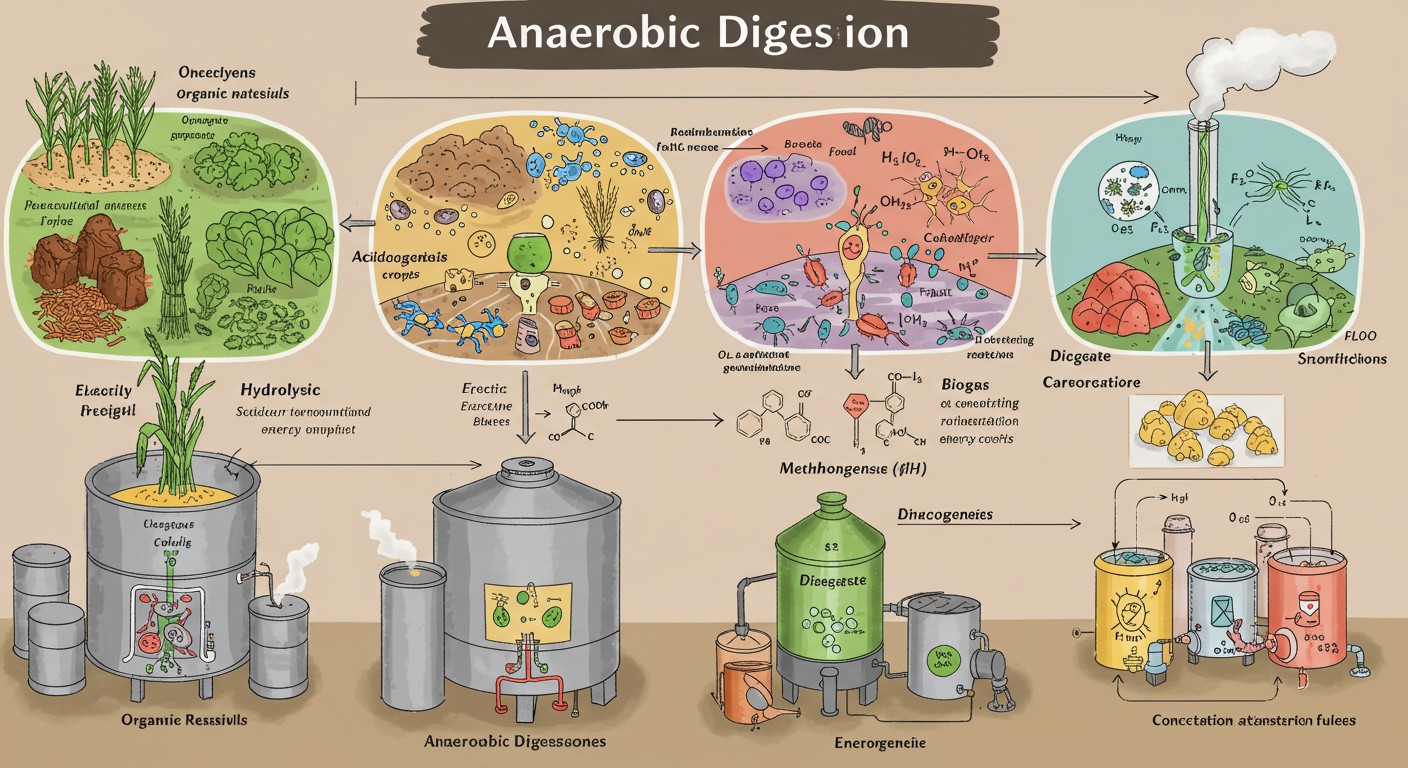Introduction to Email Marketing Automation Email marketing automation has emerged as a pivotal component in modern marketing strategies, facilitating efficient communication and engagement with customers. At its core, email marketing automation involves the use of software to send targeted emails to customers based on their previous behaviors, preferences, and interactions. This process allows marketers to streamline their outreach efforts, responding in real-time to customer actions such as clicking on links, abandoning shopping carts, or expressing interest in specific products or services. The functionality of email marketing automation stems from an integrated system that collects data regarding customer interactions across various channels. By analyzing this data, marketers can establish unique customer profiles and segment their audience accordingly. This enhanced segmentation capability enables businesses to craft personalized email campaigns that resonate with specific groups, thereby increasing the likelihood of conversion. The primary objectives of email marketing automation include improving customer communication, increasing engagement, and enhancing marketing efficiency. By automating follow-up messages, promotional offers, and targeted content, businesses can maintain consistent communication with customers without the need for constant manual input. This not only saves time and resources but also ensures that potential customers receive timely and relevant information tailored to their interests. Email marketing automation ultimately empowers businesses to build stronger relationships with their customers. As recipients receive more relevant and personalized content, they are more likely to engage with the brand, fostering loyalty and repeat business. Additionally, by automating routine processes, organizations can dedicate more time to strategic planning and creative campaign development. Consequently, implementing an effective email marketing automation strategy is not just an advantageous aspect of marketing, but rather an essential one in today’s competitive landscape. Understanding Customer Behavior In the context of marketing, understanding customer behavior is a critical component that enables businesses to craft targeted promotions that resonate deeply with their audiences. Customer behavior refers to the patterns and decisions made by individuals as they interact with brands and products. It encompasses a variety of aspects, including customer engagement, purchase history, and web browsing habits. By analyzing these elements, marketers can gain valuable insights into their customers’ preferences, motivations, and buying patterns. Customer engagement reflects the relationship between the brand and the customers. It can be measured through various metrics such as email open rates, click-through rates, and social media interactions. A high level of engagement often indicates a strong connection between the customer and the brand, which can lead to increased loyalty and repeat purchases. Understanding these engagement metrics allows marketers to tailor their email marketing strategies effectively, ensuring that promotional messages are relevant and appealing. Additionally, purchase history serves as a crucial indicator of customer behavior. By examining past purchases, businesses can identify trends, such as seasonal buying patterns and preferences for specific products. This information enables marketers to segment their audience effectively and create personalized offers that are more likely to resonate with individual customers. Web browsing habits further enrich the understanding of customer behavior. Tracking how users navigate through a website, the pages they visit, and the duration of their sessions provides insights into their interests and needs. This data allows businesses to refine their marketing efforts, ensuring that customers receive targeted promotions based on their browsing activity. In conclusion, by comprehensively analyzing customer behavior through engagement metrics, purchase history, and web browsing habits, marketers can develop more effective email marketing automation strategies. This approach not only enhances the relevance of promotions but also improves overall customer satisfaction and loyalty. Setting Up Your Email Marketing Automation Strategy Establishing an effective email marketing automation strategy is crucial for delivering targeted promotions that resonate with customer behavior. The first step involves identifying specific goals that align with your overall marketing objectives. These could range from increasing brand awareness to boosting sales conversions or enhancing customer engagement. Clearly defined goals will guide your automation efforts and help measure success later. Once your goals are in place, the next phase is selecting the right tools to facilitate your email marketing automation strategy. Numerous platforms offer varying features, including analytics, list segmentation, and campaign management. It is essential to choose a solution that aligns with your marketing goals while providing ease of use and integration capabilities. Popular tools include Mailchimp, HubSpot, and ActiveCampaign, each offering unique features that cater to different business needs. Integration with existing systems is another vital component of your email automation process. Ensuring that your chosen tools can seamlessly merge with your customer relationship management (CRM) system, e-commerce platform, or other marketing technologies will enhance data synchronization and workflow efficiency. The goal is to create a cohesive marketing ecosystem where customer interactions can be tracked and responded to effectively. The final step in setting up your strategy involves designing workflows that are triggered by customer actions. Automating responses based on behaviors, such as purchase history, email opens, or website visits, allows for personalized communication that can significantly increase engagement and conversion rates. For example, a customer who abandons their shopping cart could receive a follow-up email offering a discount, prompting them to complete their purchase. By carefully considering these elements, businesses can implement a robust email marketing automation strategy that leverages customer behavior for targeted promotions. Segmentation: The Key to Targeted Promotions In the realm of email marketing automation, audience segmentation stands out as a critical strategy that facilitates targeted promotions. By grouping customers into distinct categories, marketers can tailor their messaging and offers to resonate more effectively with each segment. This approach not only enhances the relevance of communications but also significantly improves engagement rates and conversion outcomes. One of the primary criteria for segmentation is demographics. Demographic factors such as age, gender, income level, and location can provide profound insights into customer preferences and purchasing behaviors. For instance, a fashion retailer might identify young adult females as a demographic segment particularly interested in seasonal collections. By creating targeted email campaigns for this group, marketers can highlight specific products and promotions that are more likely to resonate with them. Another crucial segmentation
- +260-76-459-8985
- mupunduenergy@mdware.co.uk
- Plot No. 2344, Lelayi LSK, ZM













